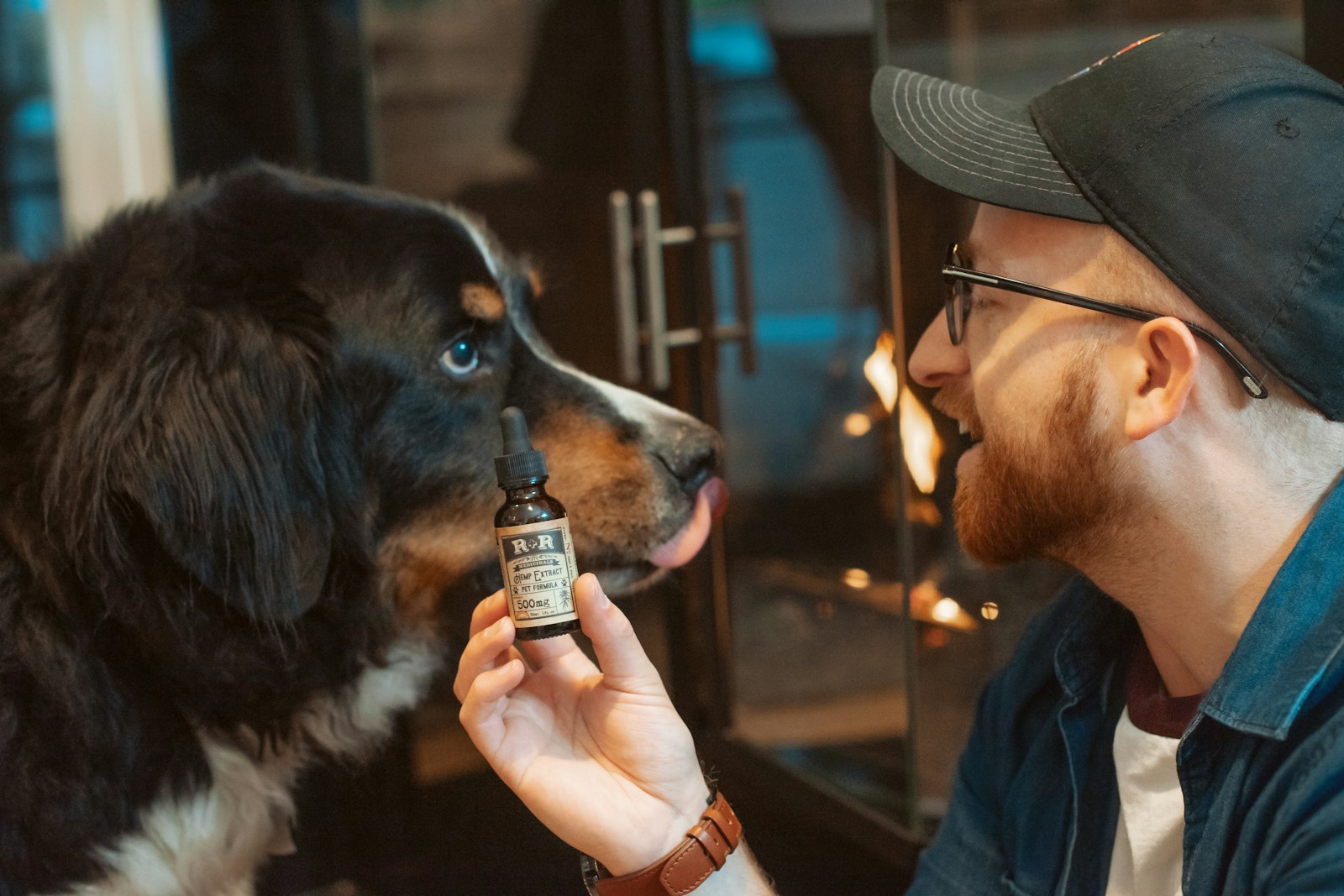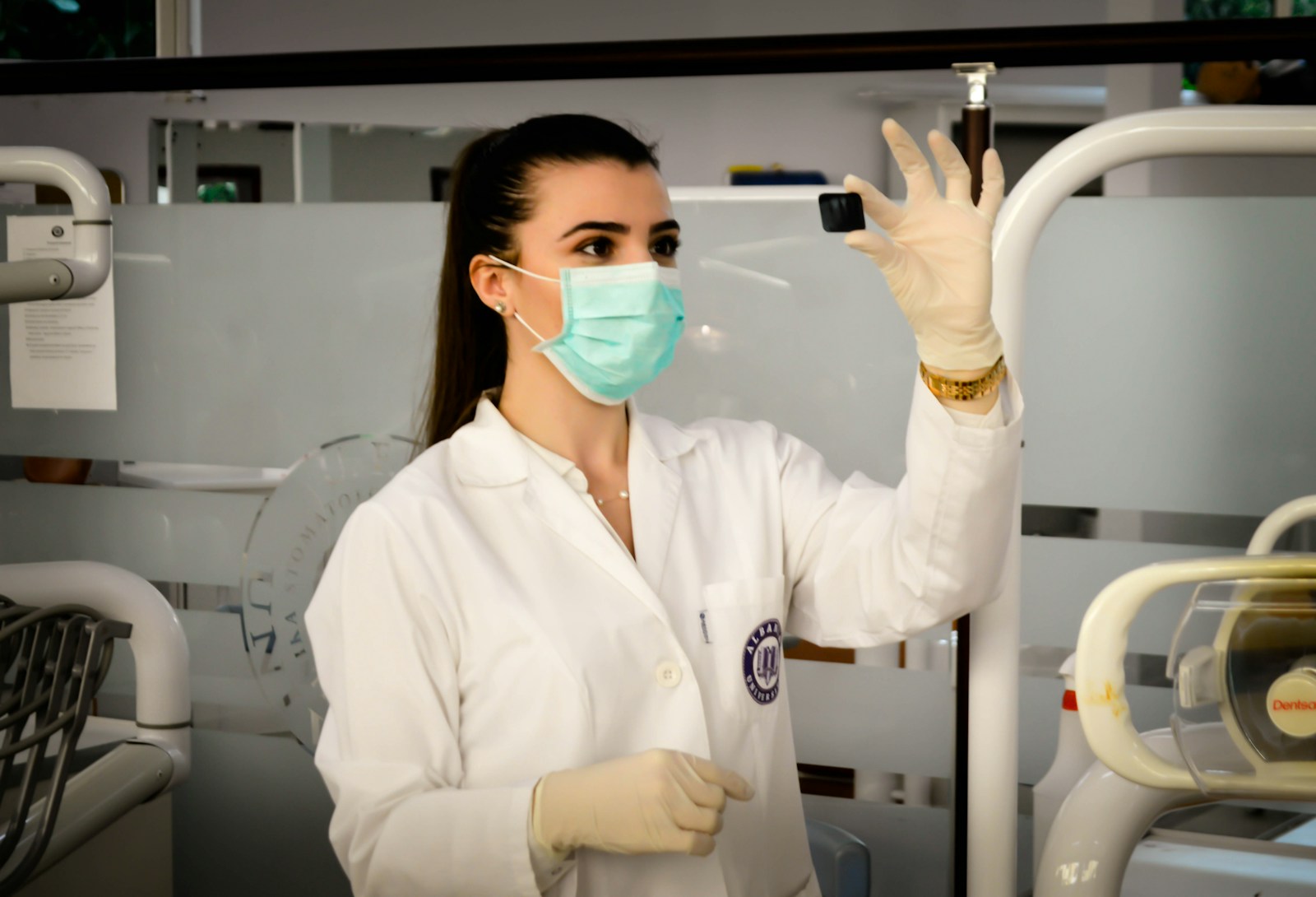Having a healthy and happy dog is the dream of every pet owner. It’s not just about ensuring a long life for our furry friends but also about the joy and companionship they bring into our lives. In this article, we’ll explore various aspects of dog care, from nutrition to mental well-being, to help you understand how to keep your canine companion in top shape.
Table of contents
- 1. What Does Dog Health Entail?
- 2. Nutrition Matters
- 3. Regular Exercise Routine
- 4. Veterinary Care and Check-ups
- 5. Grooming and Hygiene Practices
- 6. Mental Stimulation and Enrichment
- 7. Maintaining a Safe Environment
- 8. Common Health Issues and Signs
- 9. Natural Supplements and Remedies
- 10. Building a Strong Bond Through Training
- 11. Holistic Approaches to Well-being
- 12. Traveling Safely with Your Dog
- 13. Monitoring and Adapting to Aging
- 14. Understanding Breed-Specific Needs
- Conclusion
1. What Does Dog Health Entail?
Ensuring your dog’s health goes beyond the absence of illness. It encompasses physical fitness, mental well-being, and a fulfilling lifestyle. As a responsible pet owner, you play a crucial role in achieving and maintaining these aspects.
2. Nutrition Matters
2.1 Choosing the Right Dog Food
Selecting the appropriate dog food is the cornerstone of canine health. Understanding Dog Nutritional Needs is crucial, considering factors like breed, age, and activity level. Avoiding harmful additives ensures your dog’s diet supports optimal health.
2.2 Appropriate Portion Control
While feeding your dog is an expression of love, Overfeeding Risks can lead to obesity and related health issues. On the flip side, underfeeding can result in malnutrition. Striking the right balance through Portion Control is key to a healthy weight.
3. Regular Exercise Routine
3.1 Importance of Daily Physical Activity
Dogs, like humans, need regular exercise for both physical and mental well-being. Daily walks, play sessions, and engaging activities provide Mental Stimulation Through Exercise and contribute to weight management.
3.2 Tailoring Exercise to Breed and Age
Different breeds and age groups have varying energy levels. Understanding these differences helps in tailoring activities, preventing overexertion for puppies and ensuring adequate exercise for senior dogs.
4. Veterinary Care and Check-ups
4.1 Routine Vaccinations
Core and lifestyle vaccines are essential for preventing various diseases. Regular vaccinations protect your dog and contribute to the overall well-being.
4.2 Regular Health Check-ups
Regular veterinary check-ups are vital for Early Detection of Health Issues. Issues such as dental health are addressed, ensuring comprehensive care for your pet.
5. Grooming and Hygiene Practices
5.1 Brushing and Bathing
Regular grooming is more than just aesthetics. It contributes to a healthy coat and skin, preventing common issues. However, understanding Common Grooming Mistakes is crucial to avoid unintended harm.
5.2 Nail Trimming and Ear Cleaning
Nail trimming and ear cleaning are often overlooked but are essential for your dog’s comfort and health. Professional grooming services can assist in these tasks.
6. Mental Stimulation and Enrichment
6.1 Providing Intellectual Challenges
Dogs thrive on mental stimulation. Interactive toys, puzzle games, and DIY brain-teasers are excellent ways to keep your dog’s mind engaged.
6.2 Social Interaction and Bonding
Canines are social animals. Regular interaction with you, other dogs, and the environment contributes to their mental well-being.
7. Maintaining a Safe Environment
7.1 Dog-Proofing Your Home
A safe environment is paramount. Dog-proofing your home involves identifying and securing potentially hazardous items, both indoors and outdoors.
7.2 Identification and Microchipping
Ensuring your dog is properly identified and microchipped adds an extra layer of safety. In case of separation, these measures increase the chances of a happy reunion.
8. Common Health Issues and Signs
8.1 Recognizing Signs of Illness
Being attentive to changes in behavior and physical symptoms is crucial for Recognizing Signs of Illness early on.
8.2 Addressing Common Health Concerns
Issues like allergies and weight management challenges can be addressed with proper veterinary guidance.
9. Natural Supplements and Remedies
9.1 Holistic Approaches to Canine Health
Incorporating natural supplements in your dog’s diet can contribute to holistic well-being. Consulting with a holistic veterinarian ensures a balanced approach.
9.2 Cautionary Measures in Natural Remedies
While natural remedies have their benefits, it’s essential to be cautious about potential interactions with medications. Always seek professional advice.
10. Building a Strong Bond Through Training
10.1 Positive Reinforcement Techniques
Training your dog using positive reinforcement techniques builds trust and effective communication.
10.2 The Role of Obedience Training
Obedience training not only enhances your dog’s quality of life but also fosters a disciplined and happy pet.
11. Holistic Approaches to Well-being
11.1 Integrating Holistic Practices
Exploring holistic practices such as acupuncture, massage, and even canine yoga can contribute to your dog’s overall well-being.
11.2 Holistic Diets and Raw Feeding
While holistic diets and raw feeding are gaining popularity, it’s crucial to assess the risks and benefits and seek professional guidance.
12. Traveling Safely with Your Dog
12.1 Preparing for Travel
Traveling with your dog requires preparation. Ensuring comfortable transportation and having necessary travel documents are key.
12.2 Adapting to New Environments
Help your dog acclimate to new environments by reducing stress during travel and creating a familiar space in temporary living arrangements.
13. Monitoring and Adapting to Aging
13.1 Understanding the Aging Process
As your dog ages, understanding the changes in physical health and cognitive functions helps in providing appropriate care.
13.2 Adjusting Care for Senior Canines
Specialized diets, adjusted exercise routines, and increased attention to health issues become crucial as your dog enters their senior years.
14. Understanding Breed-Specific Needs
14.1 Researching Breed Characteristics
Different breeds have distinct characteristics and health predispositions. Tailoring care to these traits ensures a proactive approach to your dog’s well-being.
14.2 Breed-Specific Exercise and Activities
Catering to your dog’s unique energy levels and preferences ensures a well-rounded approach to mental and physical stimulation.
Conclusion
In conclusion, keeping your a healthy dog involves a holistic approach that covers nutrition, exercise, veterinary care, grooming, mental stimulation, and understanding their specific needs. By incorporating these practices into your routine, you not only ensure your dog’s well-being but also build a stronger bond with your furry companion.
FAQs
- Can I feed my dog human food occasionally?
- While some human foods are safe for dogs, it’s essential to avoid items that can be harmful, such as chocolate, onions, and grapes.
- How often should I take my dog for a veterinary check-up?
- Annual check-ups are recommended for healthy dogs. However, older dogs or those with pre-existing conditions may require more frequent visits.
- Are natural supplements necessary for every dog?
- Not necessarily. Consult with your veterinarian to determine if your dog requires any specific supplements based on their health and diet.
- Is raw feeding suitable for all dogs?
- Raw feeding can be beneficial, but it’s crucial to research and consult with a veterinarian to ensure a balanced and safe diet.
- Can I groom my dog at home, or should I always use professional services?
- Basic grooming tasks like brushing can be done at home, but professional services may be necessary for tasks like nail trimming and ear cleaning, especially if you’re unsure about proper techniques.






